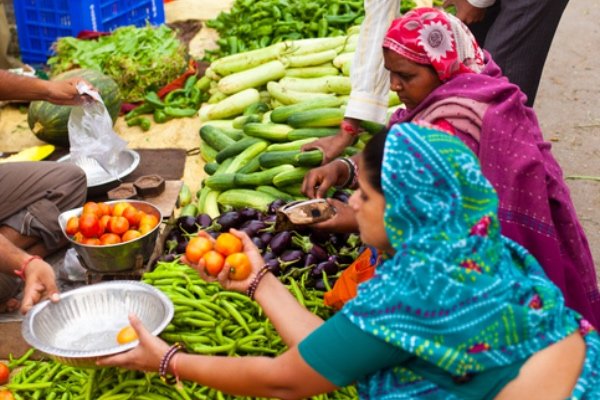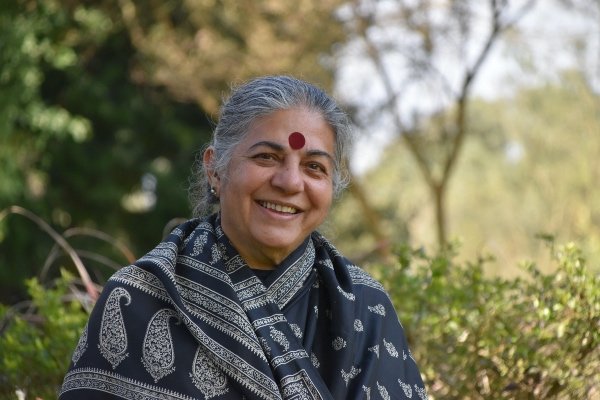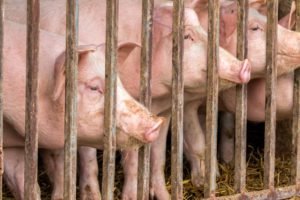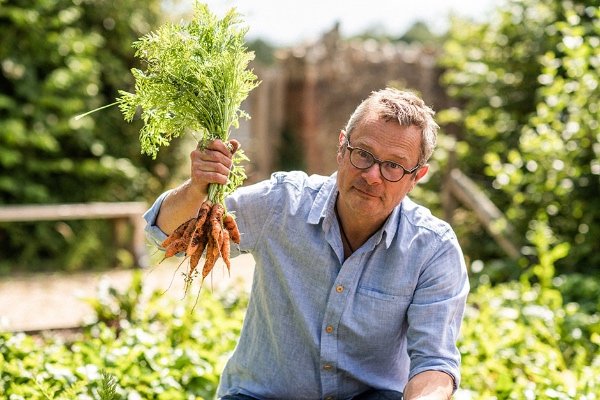Food systems transformation
Launched in late 2022, the Conscious Food Systems Alliance (CoFSA), convened by the United Nations Development Programme (UNDP), supports the cultivation of inner capacities of food systems stakeholders as a key complementary approach for food systems transformation.
CoFSA applies consciousness approaches across all levels to leverage certain practices that actively support the cultivation of inner capacities.
These consciousness practices include a vast range of contemplative mind-body practices, often rooted in a variety of wisdom-based traditions (such as nature connection and mindfulness), as well as psychological and cognitive-behavioural (such as self-reflection and inquiry), transformative spaces and communication practices (such as deep listening and non-violent communication) and transformative education and leadership practices (such as experiential learning).
In cultivating inner capacities, CoFSA emphasises the need for context-specific and culturally relevant interventions, founded on respect and equity, as well as awareness of power dynamics.
CoFSA approaches food systems transformation by working with all relevant stakeholder groups across food systems.
CoFSA interventions can support certain practices or learning environments that support individuals and groups to tap into their inner potential and nourish transformative inner capacities.
In addition, CoFSA interventions can leverage the current political and institutional landscapes by systematically mainstreaming the consideration of inner capacities into existing institutions, structures and systems.
The aim of the latter is to support the structural and political conditions required for the emergence of a more regenerative food system from the inside out.
An agenda for action
The Conscious Food Systems Alliance has already built a solid basis for work. It has framed a new narrative on food systems transformation, highlighting the complementary role of inner capacities and consciousness practices, as well as a clear agenda for action.
A movement of more than 250 members dedicated to this agenda, and more than 1,500 people following this work, has been initiated.
Throughout this transformative process, deep bonds have been created among core members, a community of practice and learning has been built and implementation through trainings and pilot interventions has already commenced.
We are looking forward to seeing the impact of this conscious approach on food system transformation all over the world.
 Play Video about This Rock Might Just Save The World
Play Video about This Rock Might Just Save The World Play Video about Play 2 hours of rock
Play Video about Play 2 hours of rock Play Video about Play 2 hours of brook
Play Video about Play 2 hours of brook Play Video about Play 2 hours of sheep
Play Video about Play 2 hours of sheep















































